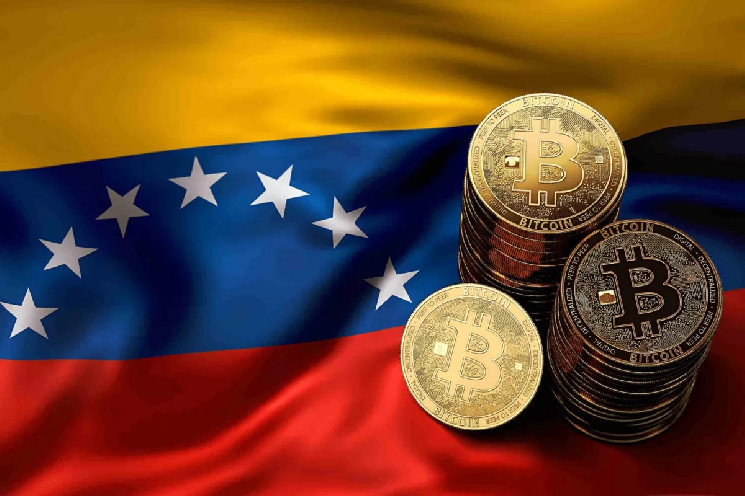Venezuela is preparing to accelerate its transition to cryptocurrencies as the United States reimposes oil sanctions on the country. According to Reuters, based on sources with knowledge of the plan, state-run oil company PDVSA plans to increase the use of digital money in crude oil and fuel exports.
The U.S. Treasury Department recently gave PDVSA’s customers and providers until May 31 to terminate operations under the general license, which it did not renew due to a lack of election reform. This move will make it more difficult for Venezuela to increase its oil production and exports, as companies will have to obtain separate permission from the United States to do business with the country.
PDVSA is gradually shifting oil sales to stablecoin USDT, also known as Tether. The return of oil sanctions is accelerating this transition, a strategy aimed at reducing the risk of sales proceeds being frozen in foreign bank accounts due to the measures.
“We have different currencies based on what is stated in the contracts,” Venezuelan Oil Minister Pedro Tellechea told Reuters last week, adding that digital currencies could be the preferred payment method in some contracts.
While the US dollar remains the preferred currency for transactions in the global oil market, payments in cryptocurrencies are slowly emerging in some countries. Last year PDVSA was embroiled in a corruption scandal after the discovery of unaccounted claims of around $21 billion for oil exports in recent years, partly related to previous transactions involving other cryptocurrencies.
The country’s oil exports increased during the reign of Tellechea, who took over Venezuela’s oil ministry after the scandal. Encouraged by US licenses allowing sales, exports reached 900,000 barrels per day in March, the highest level in the last four years.
At the end of the first quarter, PDVSA moved many swap-free spot oil deals to a contract model that requires upfront payment in USDT for half the value of each cargo. PDVSA also requires every new customer applying to conduct oil transactions to hold cryptocurrency in a digital wallet.
*This is not investment advice.

